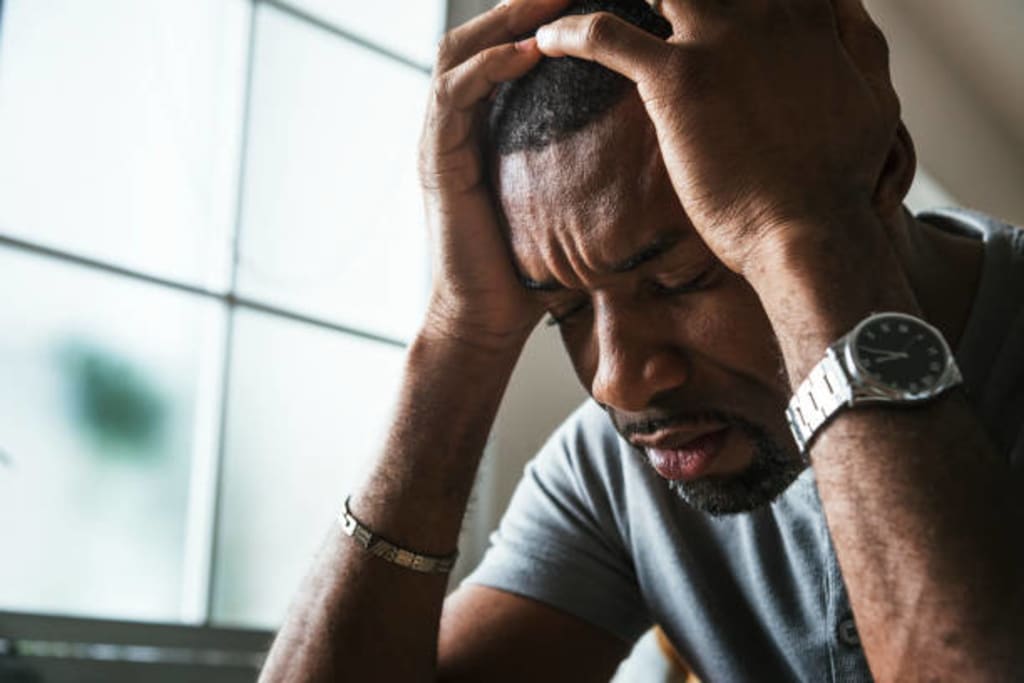Understanding the Multifaceted Challenges of Male Inequalities in Modern Society
Are males facing inequality in today's society?

In today's rapidly evolving world, discussions surrounding gender inequalities often focus on the obstacles faced by women and girls. While these discussions are crucial for promoting gender equity, it's equally important to recognize and address the unique challenges that men and boys encounter in various aspects of society. From education and employment to family dynamics and mental health, males navigate a complex landscape of inequalities that can have profound implications for their well-being and success.
One of the key areas of concern is the educational attainment gap between boys and girls. Across many advanced economies, girls consistently outperform boys in academic settings, particularly in subjects like English and math. This disparity has led to a higher proportion of women attaining college degrees compared to men, highlighting a systemic challenge that affects male students from a young age. Factors contributing to this gap include differences in brain development and educational structures that may favor certain learning styles over others.
Furthermore, the underrepresentation of men in crucial areas of the labor market exacerbates inequalities in employment opportunities. Sectors like healthcare, education, administration, and literacy have become increasingly gender-segregated, with fewer men pursuing careers in these fields. This lack of male representation not only limits job prospects for men but also perpetuates gender stereotypes and reinforces existing gender divisions in the workforce.
In addition to educational and employment challenges, changes in family dynamics have led to what Richard Reeves refers to as a "dad deficit." Father absence, whether due to family breakdown or other factors, can have significant implications for the well-being of boys and men. Research suggests that boys who grow up without a father figure may face difficulties in academic performance, emotional development, and social relationships. Moreover, the absence of male role models in the family can contribute to a sense of purposelessness and isolation among men, leading to adverse mental health outcomes.
Addressing these multifaceted challenges requires a comprehensive approach that acknowledges the intersectionality of male inequalities. Initiatives aimed at promoting gender equity should not only focus on empowering women and girls but also include strategies to support men and boys in overcoming barriers to success. This may involve reimagining traditional notions of masculinity and fatherhood, as well as creating inclusive educational and employment policies that cater to the diverse needs of male individuals.
Furthermore, efforts to increase male representation in professions like teaching and healthcare are essential for breaking down gender stereotypes and promoting diversity in the workforce. By encouraging men to pursue careers in traditionally female-dominated fields, society can create more inclusive and equitable opportunities for all individuals, regardless of gender.
Additionally, investing in mental health support and resources tailored to the needs of men and boys is critical for addressing the unique challenges they face. This includes destigmatizing help-seeking behaviors and promoting avenues for emotional expression and support within communities and healthcare systems.
In conclusion, addressing male inequalities in modern society requires a holistic and intersectional approach that recognizes the complex interplay of factors contributing to these disparities. By acknowledging and addressing the challenges faced by men and boys in areas such as education, employment, family dynamics, and mental health, society can work towards creating a more equitable and supportive environment for all individuals, regardless of gender. Profound solutions to this problem include implementing comprehensive educational reforms that cater to diverse learning styles, promoting gender-inclusive policies in the workplace, fostering positive fatherhood roles and mentorship programs, and investing in accessible and culturally competent mental health support services for men and boys. Through concerted efforts and collaborative initiatives, we can create a future where men and boys are empowered to thrive and contribute positively to society.
About the Creator
Gift Mbewu
What sets Gift Mbewu apart is their ability to infuse each article with a unique voice and perspective that captivates readers from the very first sentence.
Enjoyed the story? Support the Creator.
Subscribe for free to receive all their stories in your feed. You could also pledge your support or give them a one-off tip, letting them know you appreciate their work.






Comments (1)
Great job.